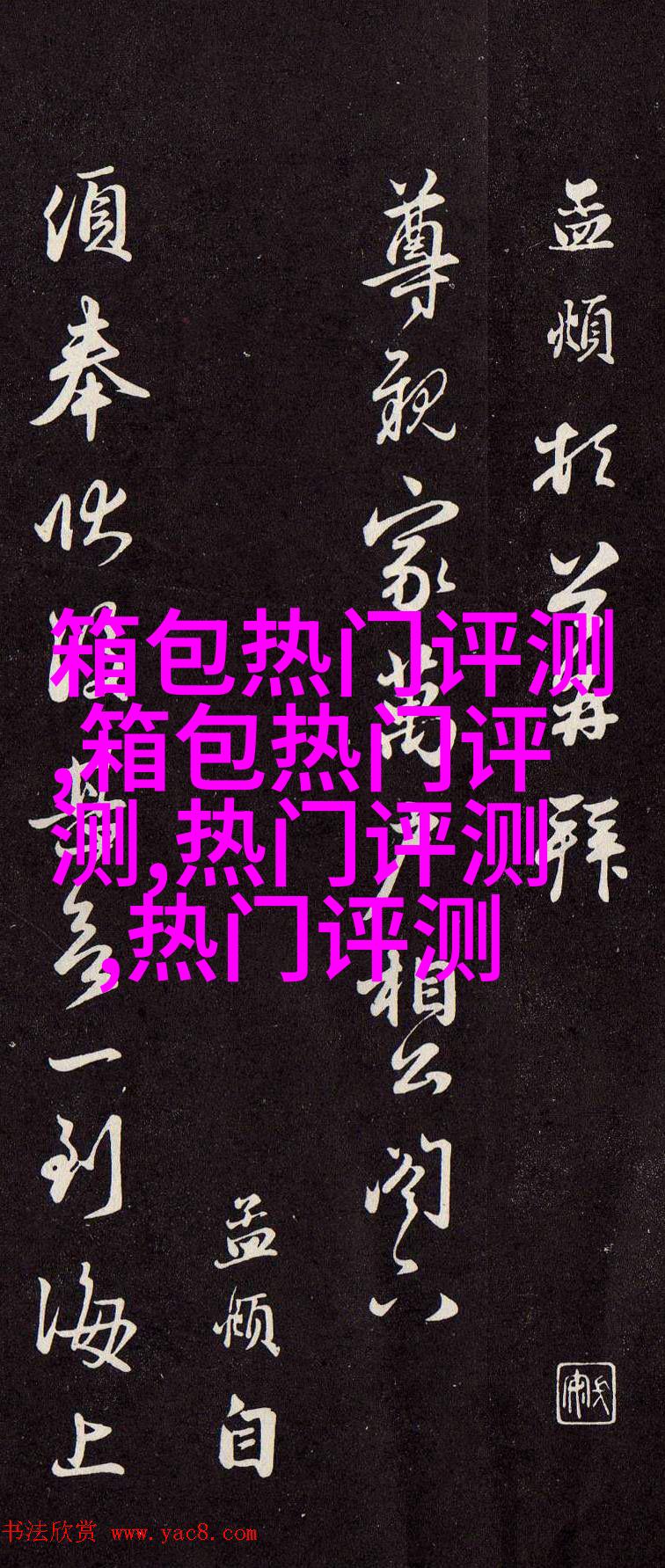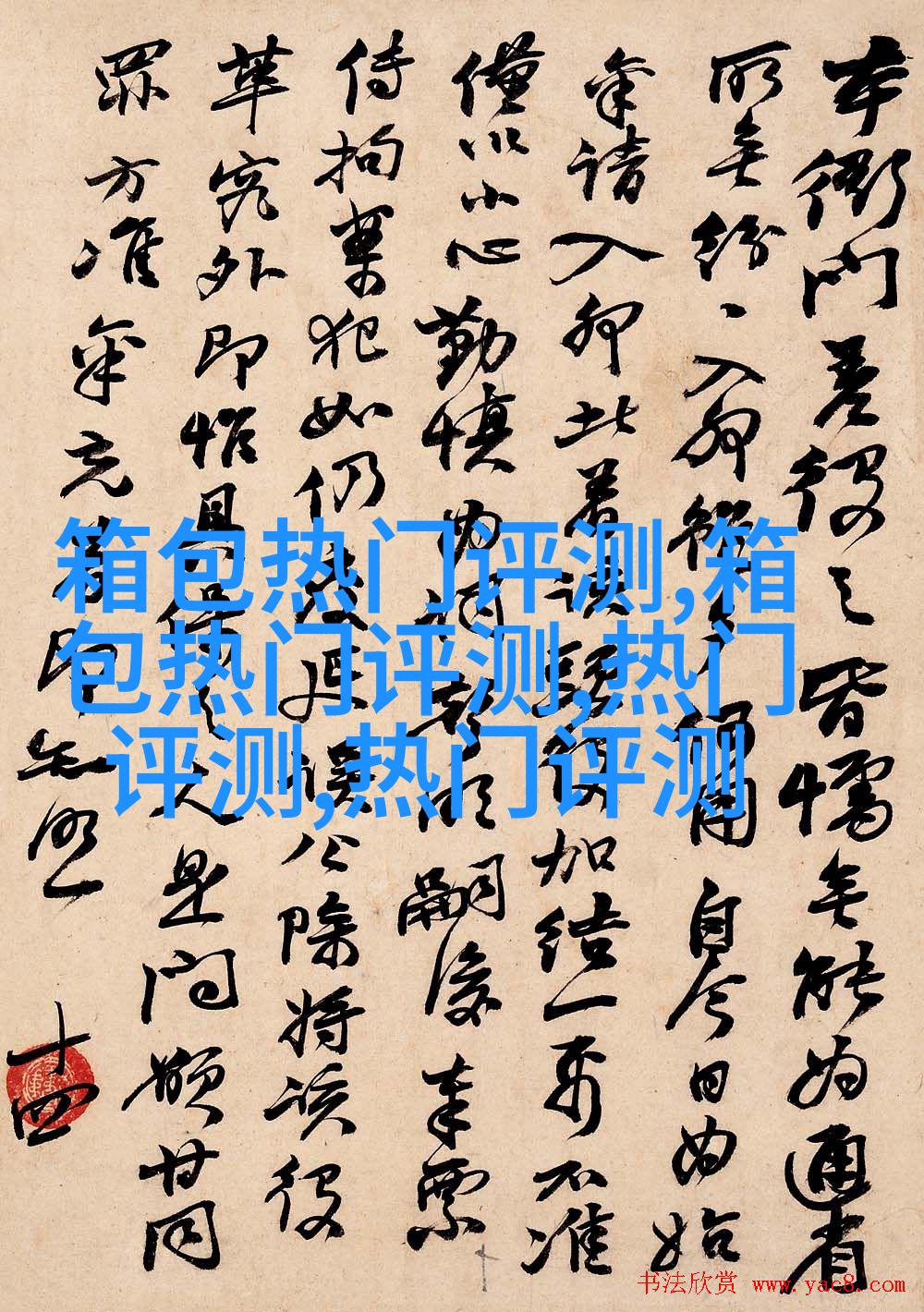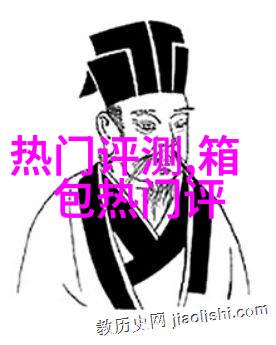Vintage Vibes: A Journey Through the Timeless Charm of Retro English

The Birth of Retro English: A Look into History
Retro English, as a term, has its roots in the early 20th century when people began to look back at earlier styles and trends for inspiration. It was during this time that words like "retro" and "vintage" started to gain popularity, describing anything from clothing to music to language itself. This fascination with the past led to a resurgence of interest in older forms of English, including those used during the Victorian era or even further back.

Language Evolution: From Chaucer's Canterbury Tales to Modern Times
English is a constantly evolving language, shaped by various influences throughout history. From Old English spoken by Anglo-Saxons around 450 AD, through Middle English seen in works like Geoffrey Chaucer's Canterbury Tales written between 1387-1400 AD, up until modern times with our current British and American dialects - each period brought unique changes that have contributed significantly to what we call retro English today.

The Golden Age of Literature: Romanticism & Realism
During the late 18th century through mid-19th century (roughly spanning from around 1750-1850), literature experienced an extraordinary period known as Romanticism and Realism – both greatly impacting how we express ourselves using retro style language today. Writers such as Jane Austen (Pride & Prejudice) and Charles Dickens (Oliver Twist) became household names for their vivid descriptions and rich storytelling abilities which continue influencing contemporary authors writing in retro style.

Music Revolution: Jazz Age & Swing Era
The Roaring Twenties saw jazz music rise dramatically on popular culture charts worldwide; it quickly spread across nations influencing not only musical genres but also linguistic expressions – contributing substantially towards shaping modern day retromantic vocabulary associated with dance halls' swinging rhythms accompanied by flapper dresses.

Hollywood Glamour & Cinema Influences on Language Usage
Hollywood movies often served as windows into other cultures and lifestyles for audiences worldwide - especially during World War II when many international cinemas were closed due to conflict leading people seeking entertainment locally rather than abroad thus increasing exposure towards American cinema's influence on everyday speech patterns including retrotalk among movie buffs while discussing old films' charm over new releases' appeal now days - something very much evident within contemporary pop culture discourse about vintage aesthetics found everywhere from fashion runways down streetwear brands logos reflecting nostalgia-driven demand fueled by romanticization of past decades consumer goods advertisements making use phrases like 'throwback Thursday'.




